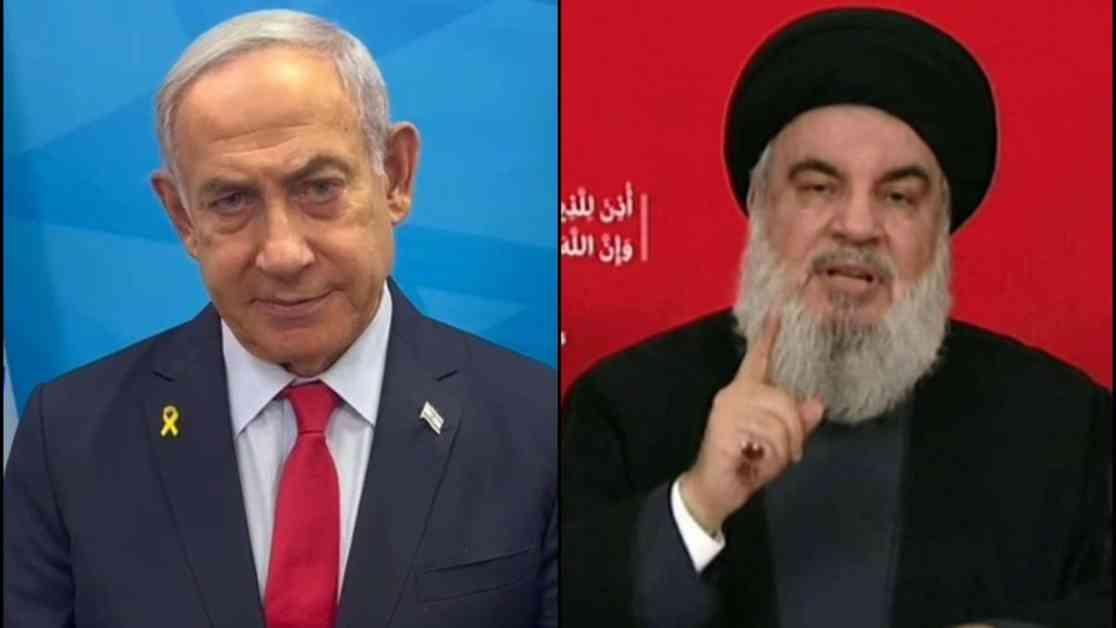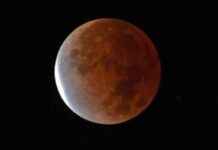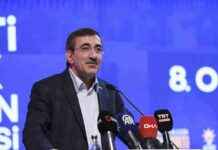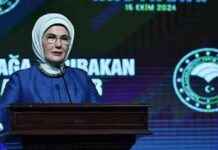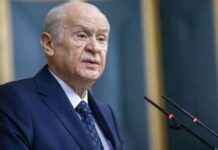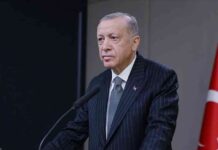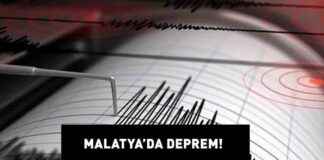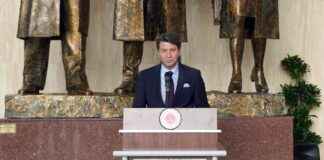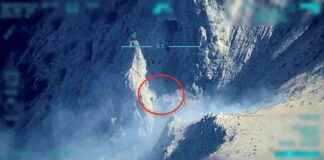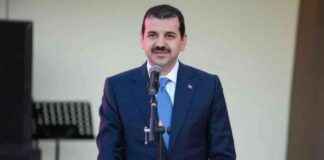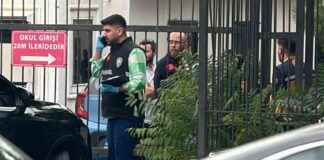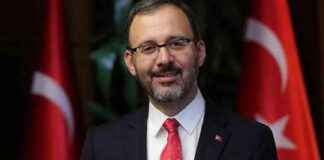Netanyahu Issues Strong Warning to Hizbullah Amid Escalating Tensions
The recent intense attacks by Israel on Lebanon have led to retaliatory rocket strikes by Hizbullah in the northern Israeli city of Haifa. In response to these actions, Israeli Prime Minister Benjamin Netanyahu issued a stern warning to the militant group, stating, “Israel has delivered unprecedented blows to Hizbullah. If they did not get the message, I promise they will. We are determined to safely return the residents of the north to their homes.”
Netanyahu emphasized that no country should tolerate rocket attacks on its cities, reaffirming Israel’s commitment to ensuring the safety and security of its citizens. He also expressed the government’s readiness to take any necessary steps to facilitate the return of the 60,000 Israelis evacuated from the Lebanese border to their homes.
Defense Minister Gallant Pledges Continued Action Against Hizbullah
Defense Minister Yoav Gallant echoed Netanyahu’s sentiments, stating that Hizbullah is beginning to feel the impact of the Israeli military’s capabilities and that their operations will continue until the residents of northern Israel can safely return home. Gallant’s remarks came after a visit to the Israeli Air Force command center, where he received updates from Air Force Commander Tomer Bar.
Gallant emphasized the relentless pursuit of Hizbullah and the ongoing efforts to ensure the safety of Israeli civilians in the face of escalating tensions along the border. The Israeli military has been engaged in clashes with Hizbullah along the border since October 8, with recent days seeing a peak in hostilities.
Escalation of Conflict Raises Concerns of Regional War
The recent exchange of rocket attacks and airstrikes between Israel and Hizbullah has raised fears of a wider regional conflict. Hizbullah targeted the Ramat David military base and the Rafael defense industry center near Haifa, resulting in injuries and material damage in northern Israel. In response, the Israeli military conducted airstrikes on alleged Hizbullah targets within Lebanon.
The escalation of violence culminated in a deadly airstrike by Israel on southern Beirut on September 20, which claimed the lives of 45 people, including women and children. Hizbullah confirmed the deaths of several of its members in the attack, including senior military commander Ibrahim Akil.
The international community has warned of the potential for a full-scale war in the region if the conflict escalates further. Israel has prioritized the safe return of evacuated citizens to their homes as a key objective of the ongoing operations, while Hizbullah insists that an end to Israeli aggression in Gaza is necessary to cease hostilities.
In conclusion, the conflict between Israel and Hizbullah continues to escalate, raising concerns of a broader regional war. The actions and rhetoric of both sides indicate a willingness to engage in further military confrontations, with the safety and security of civilians hanging in the balance. The international community must work towards de-escalation and a peaceful resolution to prevent further loss of life and destabilization in the region.

